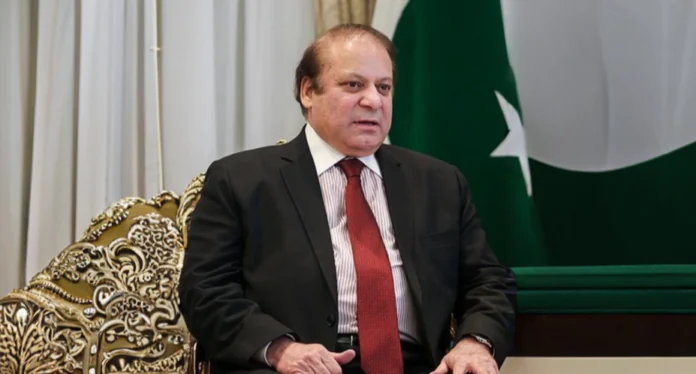In a dramatic turn of events that could potentially alter the political landscape of Pakistan, Nawaz Sharif, the leader of the Pakistan Muslim League-Nawaz (PML-N), has signalled a significant move towards forming a coalition government. This development comes on the heels of the latest election results where Pakistan People’s Party (PPP) candidates, Syed Abrar Ali Shah and Zulfiqar Ali Behan, clinched victories in NA-205 and NA-206 from Naushahro Feroze I and II, respectively. These wins for the PPP, along with PML-N’s strong performance and strategic alliances, position Nawaz Sharif as a formidable contender for the prime ministerial post.
In a series of statements that underscore the urgency and the conciliatory tone being adopted by major political parties, Nawaz Sharif disclosed that his party is actively reaching out to allies including the PPP, Muttahida Qaumi Movement-Pakistan (MQM-P), and Jamiat Ulema-e-Islam-Fazl (JUI-F) to form a coalition government. These alliances are seen as crucial in the wake of a fragmented electoral mandate, with no single party securing an overwhelming majority.
The political overture towards PPP’s Asif Ali Zardari, MQM-P’s Khalid Maqbool Siddiqui, and JUI-F’s Fazlur Rehman by Nawaz Sharif suggests a significant shift towards collaborative governance, emphasizing stability and economic revival. Nawaz Sharif’s narrative has been notably conciliatory, emphasizing the need for unity to tackle Pakistan’s pressing challenges. He stressed the importance of stability and collective effort to steer the country out of its current difficulties, indicating a departure from confrontational politics.
Further bolstering his position, Nawaz Sharif has made it clear that his party respects the mandate of all political entities, including independents, hinting at a broad-based coalition that transcends traditional political rivalries. His acknowledgement of the need for all parties to sit together and form a government not only highlights the complexities of Pakistan’s political landscape but also the pragmatic approach required to navigate it.
The strategic outreach by PML-N, coupled with its claim of emerging as the single-largest party, sets the stage for Nawaz Sharif’s potential return to the prime ministerial office. This political manoeuvring, supported by victories in key constituencies and the formation of a potential coalition, could very well see Nawaz Sharif at the helm, aiming to fulfil his vision of a stable and prosperous Pakistan. However, the evolving political dynamics and the final formation of the government will be keenly watched by both national and international observers, as Pakistan stands at a crucial juncture, seeking stability and economic growth.
